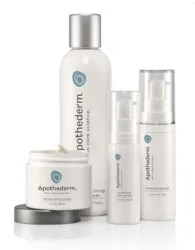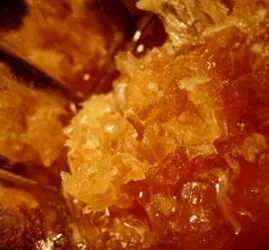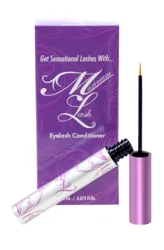
Can Copper Peptides Boost Hair Growth And Stop Hair Loss?
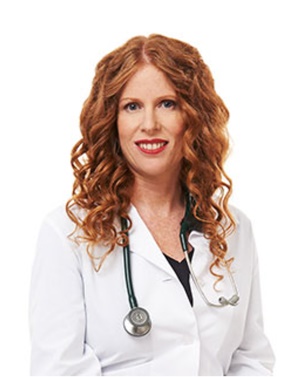 Can Copper Peptides Boost Hair Growth And Stop Hair Loss?
Can Copper Peptides Boost Hair Growth And Stop Hair Loss?I recently took a Master Class on Female Hair Loss presented by Dr. Sharon Stills NMD.
Dr. Stills is a primary care health practitioner who provides therapeutic and diagnostic services to women.The good doctor treats women's hair loss. She founded one of the largest and most successful Naturopathic Clinics in the country in Arizona.
Dr. Stills sees patients in a unique retreat setting where they receive specialized one-on-one care. Her primary focus is on comprehensive natural holistic healing systems.
She promote self-healing without traditional allopathic drugs.
A Chronic Telegen Effluvium Roller Coaster
Although I am a strong believer in holistic healing, when necessary, I will also utilize allopathic medicine when it's appropriate for me or my family.
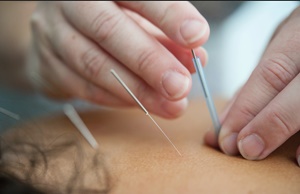 Can Copper Peptides Boost Hair Growth And Stop Hair Loss? Katherine Hanlon on Unsplash.com
Can Copper Peptides Boost Hair Growth And Stop Hair Loss? Katherine Hanlon on Unsplash.comDuring my own challenges with chronic telogen effluvium (CTE), I've found success from a combination of holistic healing and prescription medications.
My very earliest CTE experience was triggered by post-traumatic stress disorder (PTSD). Eventually, I cycled through hair shedding due to an eating disorder (bulimarexia).
No sooner did I find long-term abstinence from my bulimarexia than I developed thyroid disease. Hormone imbalances followed.
Holistic And Allopathic Medicine
After extensive lab testing, my dermatologist and then my endocrinologist prescribed spironolactone (Aldactone) which slows down the production of androgens.
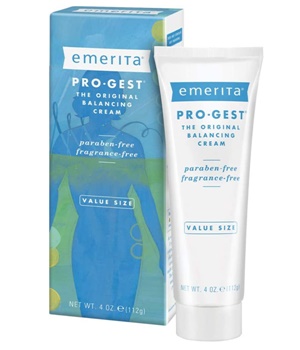 Can Copper Peptides Boost Hair Growth And Stop Hair Loss?
Can Copper Peptides Boost Hair Growth And Stop Hair Loss?I took oral spironolactone, in conjunction with levothyroxine, for my diagnosed hypothyroidism. When my hormones were out of balance, a specially compounded progesterone cream was prescribed for me by my endocrinologist.
My dermatologist suggested I see an acupuncturist, who also referred me to a professional aromatherapist.
I was also seeing a therapist to resolve my long-standing PTSD and eating disorder issues.
A Perfect Balance Of Mental, Emotional, Physical, And Hair-Related Health
When everything was properly balanced, my hair stopped shedding, and I was able to regrow a lush head of hair.
More importantly, my physical, mental and emotional health was optimal. Was it the prescription drugs? Or acupuncture? Possibly it was the essential oil scalp massages.
My therapist, the late Betty Alice Erickson (daughter of Dr. Milton Erickson), also treated my PTSD and eating disorders. Betty or B.A. employed hypnotherapy, talk therapy, EMDR, and tapping (EFT).
Copper Peptide GHK-Cu To Help Boost Hair Growth And Stop Hair Loss
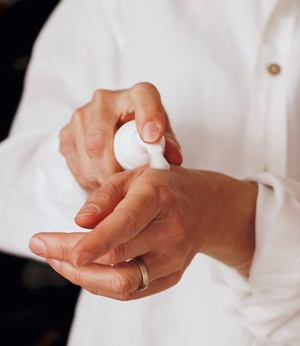 Can Copper Peptides Boost Hair Growth And Stop Hair Loss?
Can Copper Peptides Boost Hair Growth And Stop Hair Loss?Although my naturopathic physician suggested copper peptics to help boost my hair growth, I decided not to follow that path.
It wasn't that I doubted the benefits of the GHK-Cu for my CTE. It's just that my own kitchen sink approach was working.
My shedding had stopped, and my hair was growing long and strong.
One of the challenges of applying the kitchen sink approach is that you may not be exactly sure what is working. By that point, I didn't want to add anything else.
Copper Peptide GHK-Cu To Help Boost Hair Growth And Stop Hair Loss
I had completely forgotten about copper peptide GHK-CU until I was reminded by Dr. Stills in her master class on women's hair loss.
During her class, she discussed her great love and appreciation for Copper peptide GHK-C which is a naturally occurring copper complex of the tripeptide glycyl-L-histidyl-L-lysine.
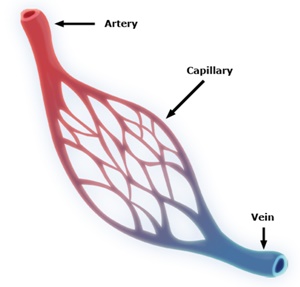 http://www.citizencorps.gov/cert/IS317/medops/medops/ic_04_02_0091.htm - Wikipedia
http://www.citizencorps.gov/cert/IS317/medops/medops/ic_04_02_0091.htm - WikipediaThe tripeptide has a strong affinity for copper(II) and was first isolated from human plasma. It can be found also in saliva and urine.
Several copper (II)-peptide complexes occur naturally. In human plasma, the level of GHK-Cu is about 200 ng/ml at age 20. By the age of 60, the level drops to 80 ng/ml.
Inhibiting The Production Of DHT
GHK-Cu peptide consists of copper ions that are responsible for inhibiting the production of DHT (dihydrotestosterone), which is a major cause of hair loss.
Another way GHK-CU is said to work is by encouraging the production of blood capillaries that assist in transporting nutrients essential for hair growth to the follicles.
Some scientists have indicated that the use of GHK-CU provides the same results as the use of FDA-approved Minoxidil, which can be applied topically or taken orally.
GHK-Cu is not only thought to block DHT but also to increase hair growth and thickness. It is also considered helpful for hair transplant surgery results.
Summary - Can Copper Peptides Boost Hair Growth And Stop Hair Loss?
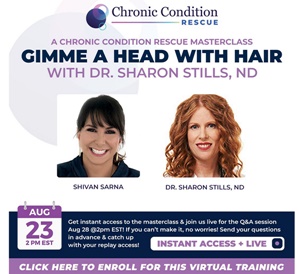 Can Copper Peptides Boost Hair Growth And Stop Hair Loss?
Can Copper Peptides Boost Hair Growth And Stop Hair Loss?Studies have supported the fact that GHK-Cu copper peptide increased hair growth and thickness while enlarging hair follicle size. It is also known to block DHT.
Copper Peptides are nothing new. They've been around for a long time. Loren Pickart isolated the copper peptide GHK-Cu from human plasma albumin in 1973.
Although Minoxidil has been proven to be as effective, if not more effective than GHK-Cu, the copper peptides do offer some advantages.
Primary if you are searching for non-allopathic hair loss solutions, the peptides offer a naturopathic-approved approach.
Although I believe in a variety of treatment options unless you are wedding to the holistic approach, Minoxidil combined with spironolactone or finasteride/dutasteride may provide better results.
Dr. Stills is a naturopathic physician. She promotes hair loss remedies and treatments which are all-natural. For her female hair loss patients, peptides may be the very
best answer.Note: I am not a physician, nor do I practice medicine or prescribe medications. Consult with your own physician to answer any questions regarding treatments or medications.
References
Hairboutique.com Hair Loss Portal
Regenerative and Protective Actions of the GHK-Cu Peptide in the Light of the New Gene Data
Social Media Network Information
Please follow us on Twitter at: https://Twitter.com/HairBoutique. I look forward to meeting new people from all walks of Twitter and learning from their Tweets.


